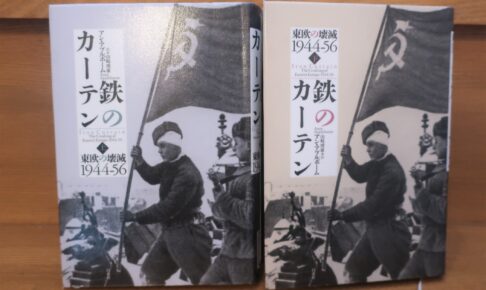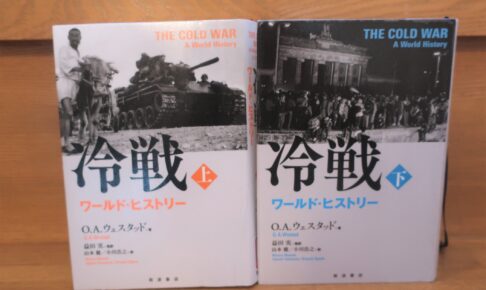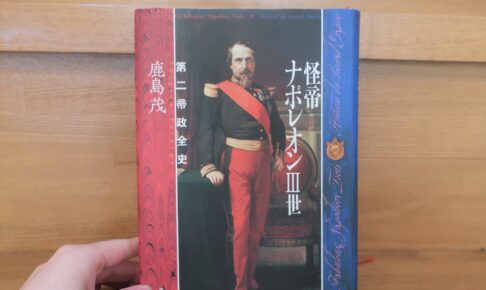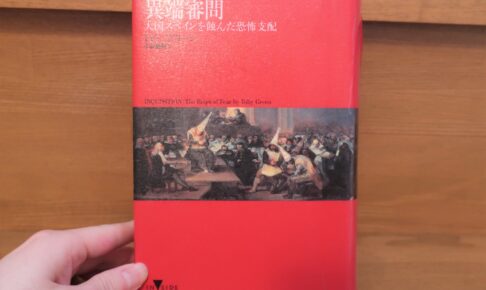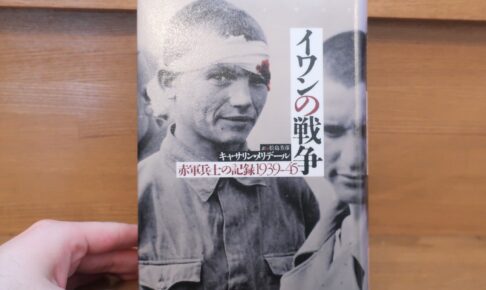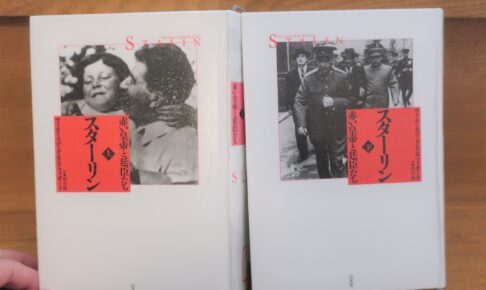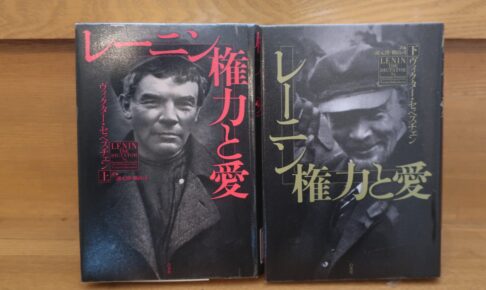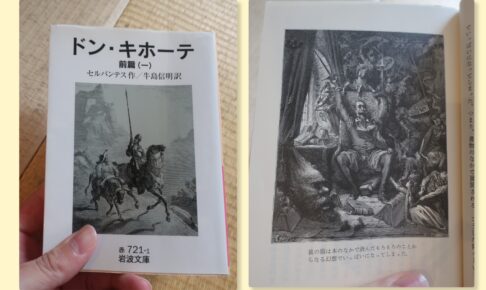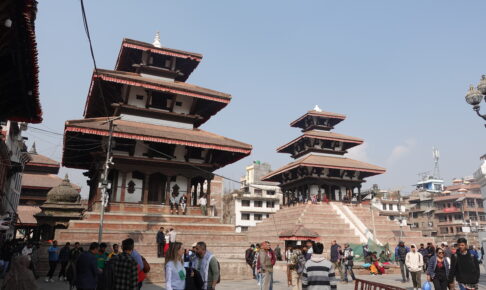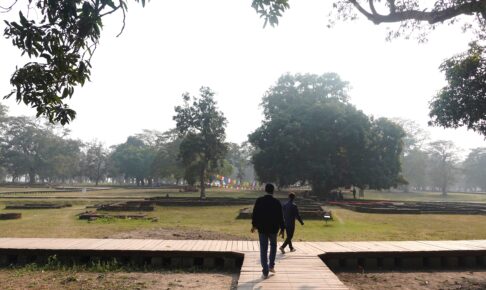The Iron Curtain: The Ruin of Eastern Europe, 1944-56 - Recommended for learning about Eastern Europe under the postwar Soviet regime!
What surprised me when I read this book was that Soviet domination was not completed in an instant after the war, but proceeded through various processes in a cursory manner.
It was not a simple matter of the Soviet Union gaining effective control over Eastern Europe and completing the Iron Curtain.
I had no idea that the governance had taken so many twists and turns. The book brings up a series of very interesting facts.
This is a wonderful book to learn about how the Soviet Union brought other countries under its control. I highly recommend it.












